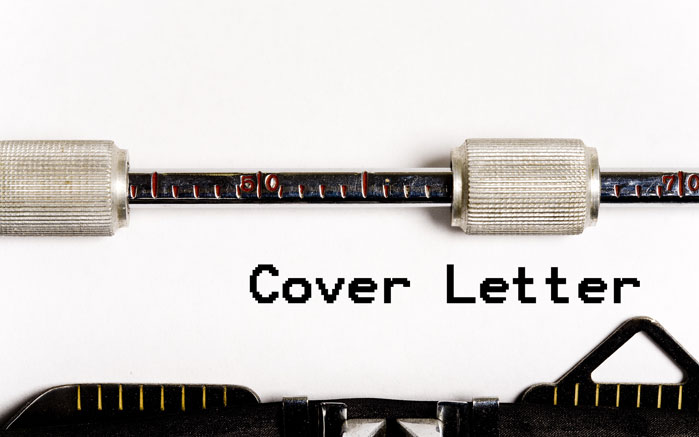Since resumes and CV’s (yes, they are different) tend to evolve cyclically, there’s plenty of good, bad and endlessly regurgitated advice on what style of document is ‘trending’ at the time.
But covering letters are a different matter.
The gist of all too many opinion pieces appears to revolve around whether you need them, or not. And if not, why not.
Search the web and you’ll soon locate endless sets of rehashed tips, guidelines and blueprints published by self-proclaimed experts on how you should write your cover letter but nothing much on what happens to it once you have.
So, let’s start at the beginning.
Do you still need a covering letter in the age of electronically-aided recruiting?
And the answer is an emphatic YES.
For a start, it’s clearly the right thing to do where instructions on how to apply include the request for a covering letter.
But it goes far deeper. If you don’t send a cover letter to a recruiter, you may – read: probably will – be excluded from the initial ‘yes’ pile. And although that’s actually because you’re making the recruitment consultant’s job extremely difficult, the legal reason will be that in not complying with the directions, you have not met the conditions of the application.
The reality is also that the more senior and influential the role you’re contending, the more time you should spend getting that accompanying letter ‘just right’. Why? Because – in a slightly oblique way – your covering letter will be your champion. It’s the advocate that opens the door to the interview room and hopefully points you towards the shortlist. Although perhaps not in the way you might expect.
But what do you expect?
It’s clear from the many CL’s that we process at Windsor, that opinions on that are divided. Some applicants send the oldstyle three liner of the ‘please find enclosed’ school – and presumably wonder why they gain so few interviews. From others, we get treatises, life stories and everything in between.
But the ones that carry most weight are those letters written by candidates who have carefully unpicked the advertisement to identify what is wanted in the role and ‘wrapped’ their covering letter around those requirements.
In drawing attention to how they meet the client’s needs and in what they’ve achieved for former employers in comparable situations, they are offering just the sort of material Consultants need to package them.
And how that works is like this.
There are actually several components that go to make up the written Candidate Profile that is produced by an Executive Search Consultant for the potential employer.
Since the serendipitous retirement of the Selection Criteria, these are the resume, the references, your performance in interview with the Consultant (which is rated and weighted) and what you offer in your accompanying letter. Plus of course the results of any psychometric testing that has been requested.
Now, while some of who you really are will come across in your interview, it’s the covering letter that sets the tone for how YOU want to be presented.
Intuitive, trained Consultants take that ‘selfie’ and use what it conveys as a base for your detailed overall candidate portrait. The client never sees your letter (or shouldn’t).
But what s/he does get is a rounded picture of you and your suitability for the role balanced between what you’ve done, what you said in interview and how you see yourself in the role.
That way, when you get into an interview with the employer, you’re not going to be left footed. S/he is recognising you in the way you want to be seen. Subtle? Maybe. But it is a valid way of laying the ground for a relationship – however lasting or fleeting its destined to be.
So next time you’re considering applying for a senior role and are inclined to flip off any old covering letter, think about how it’s used and the ramifications of that – and maybe invest the time to draw a compelling picture of you the way you prefer to be present.
